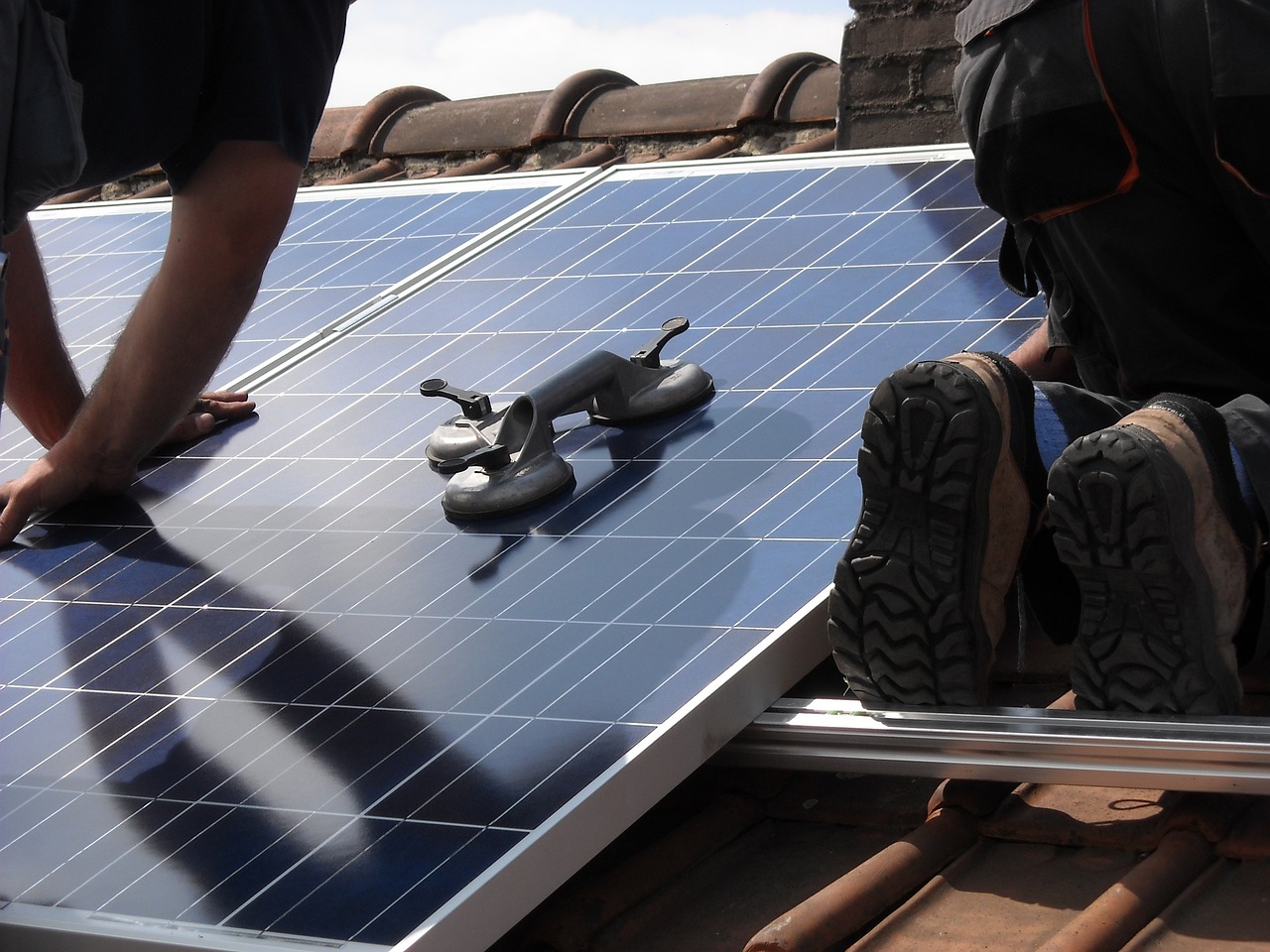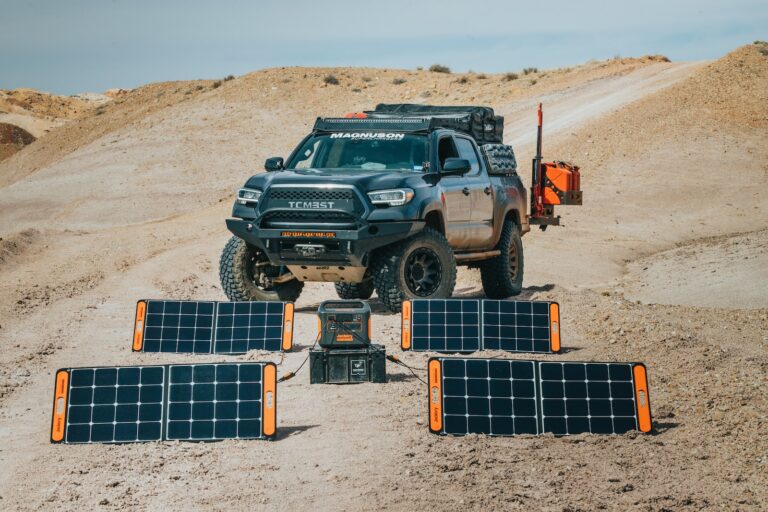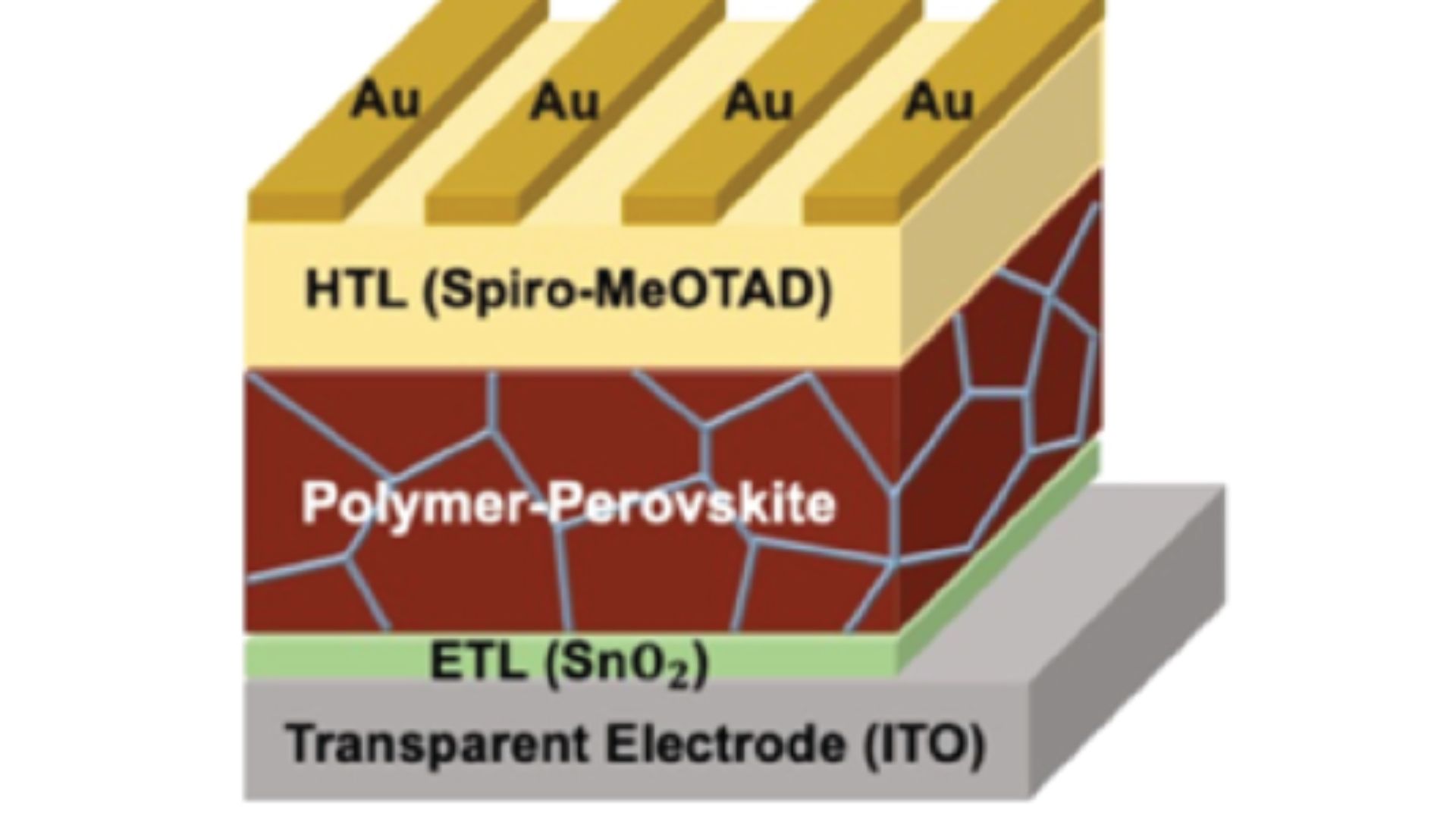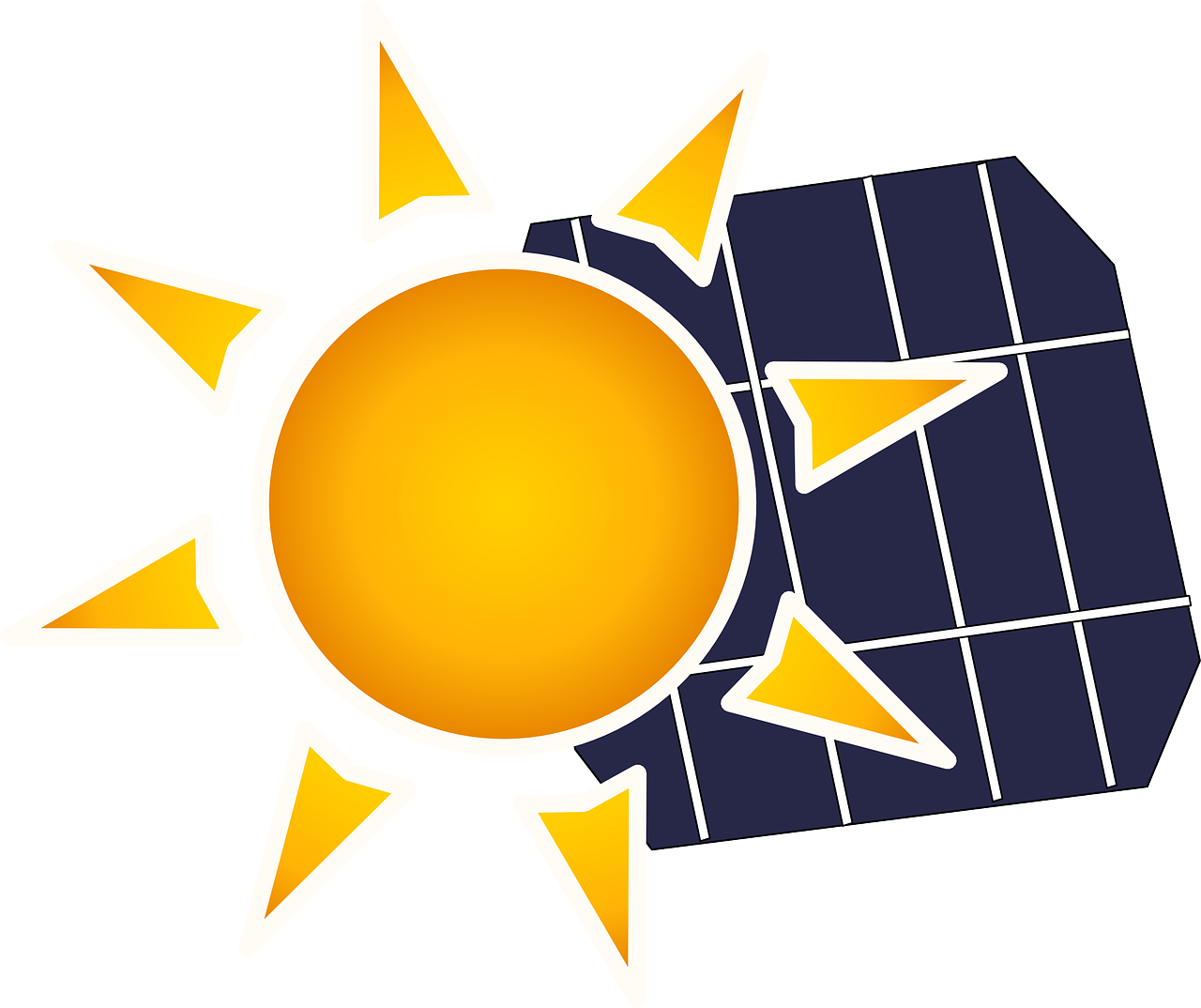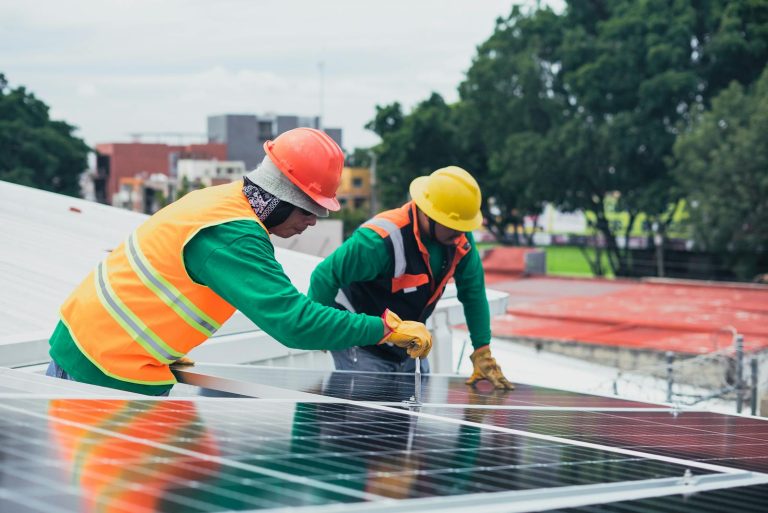Making the Switch to Solar Energy: Benefits, Financing Options, and More
As a homeowner, you’re always looking for ways to save money and reduce your carbon footprint. If you’re considering making a switch to solar energy, you’re in the right place. In this article, I’ll go over the benefits of switching to solar energy and help you decide if it’s the right choice for you.
What is Solar Energy?
Solar energy is the energy that is generated from the sun’s radiation. This energy can be harnessed using solar panels and converted into electricity that can be used to power your home and appliances.
The Benefits of Solar Energy
There are several benefits to switching to solar energy, including:
1. Cost Savings
One of the biggest benefits of switching to solar energy is the cost savings. By installing solar panels, you can reduce your monthly electricity bill and potentially even eliminate it entirely, depending on the size of your solar panel system and how much energy you use.
2. Increased Home Value
Solar panels are a valuable addition to any home and can increase your property’s value. In fact, a study by the Lawrence Berkeley National Laboratory found that homes with solar panels sell for 4.1% more on average than homes without them.
3. Environmental Benefits
Switching to solar energy is one of the best things you can do for the environment. Solar energy is a clean and renewable energy source that doesn’t produce any harmful emissions, unlike traditional energy sources like coal and natural gas. By switching to solar energy, you’ll be reducing your carbon footprint and helping to create a cleaner and more sustainable future.
4. Energy Independence
By generating your own electricity with solar panels, you’ll be less reliant on the grid and more in control of your energy usage. This can be especially beneficial during power outages, as your solar panel system will continue to generate electricity even when the grid is down.
Is Solar Energy Right for You?
While the benefits of solar energy are clear, it’s important to consider if it’s the right choice for you. Here are a few factors to keep in mind when deciding if solar energy is right for you:
1. Location
The amount of sunlight you receive will play a big role in the effectiveness of your solar panel system. If you live in a sunny location with long, sunny days, your panels will generate more electricity and be more cost-effective.
2. Roof Orientation and Shading
The orientation and shading of your roof will also impact the effectiveness of your solar panel system. If your roof is facing south and has minimal shading, your panels will be more effective. On the other hand, if your roof is facing north and has a lot of shading, your panels may not generate as much electricity.
3. Energy Usage
Your energy usage will also impact the cost-effectiveness of your solar panel system. If you use a lot of electricity, you’ll need a larger solar panel system to generate enough energy to cover your usage. On the other hand, if you use a smaller amount of electricity, a smaller solar panel system may be more cost-effective.
The Cost of Switching to Solar Energy
The cost of switching to solar energy will vary depending on several factors, including the size of your solar panel system, the cost of installation, and any incentives or rebates offered by your local government.
On average, the cost of a solar panel system in the United States ranges from $10,000 to $30,000. However, many states offer incentives and rebates that can reduce the cost of installation. In addition, the cost of solar panel systems has been steadily declining in recent years, making it more affordable than ever.
Financing Options for Solar Energy
If the upfront cost of switching to solar energy is a concern, there are several financing options available to help make it more affordable. Here are a few options to consider:
1. Solar Loans
Solar loans are a popular option for financing a solar panel system. With a solar loan, you borrow the money to purchase and install your solar panel system and pay it back over time, typically with a fixed interest rate.
2. Solar Leases
With a solar lease, you lease the solar panel system from a third-party company and pay a monthly fee to use it. This option can be more affordable than a solar loan, as the monthly payments are often lower. However, you don’t own the solar panel system and won’t see the long-term financial benefits of ownership.
3. Power Purchase Agreements (PPAs)
With a PPA, a third-party company installs and owns the solar panel system on your property. You then purchase the electricity generated by the system at a fixed rate, often lower than the rate charged by your local utility company. This option can be a good choice if you don’t want to purchase a solar panel system outright but still want to switch to solar energy.
The Bottom Line
Switching to solar energy can be a smart financial decision for homeowners. With cost savings, increased home value, environmental benefits, and energy independence, solar energy has a lot of advantages. However, it’s important to consider if it’s the right choice for you by taking into account factors like your location, roof orientation and shading, and energy usage. With several financing options available, the upfront cost of switching to solar energy can also be made more affordable. So why not consider making the switch today and start reaping the benefits of solar energy?

